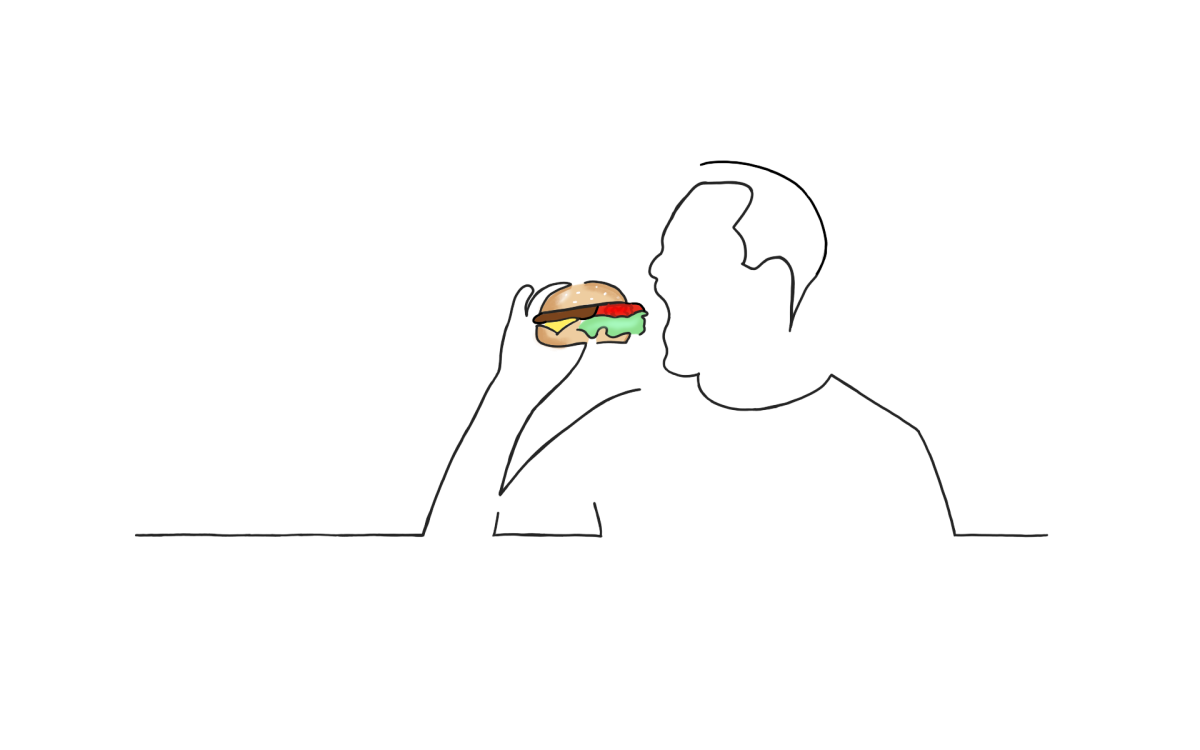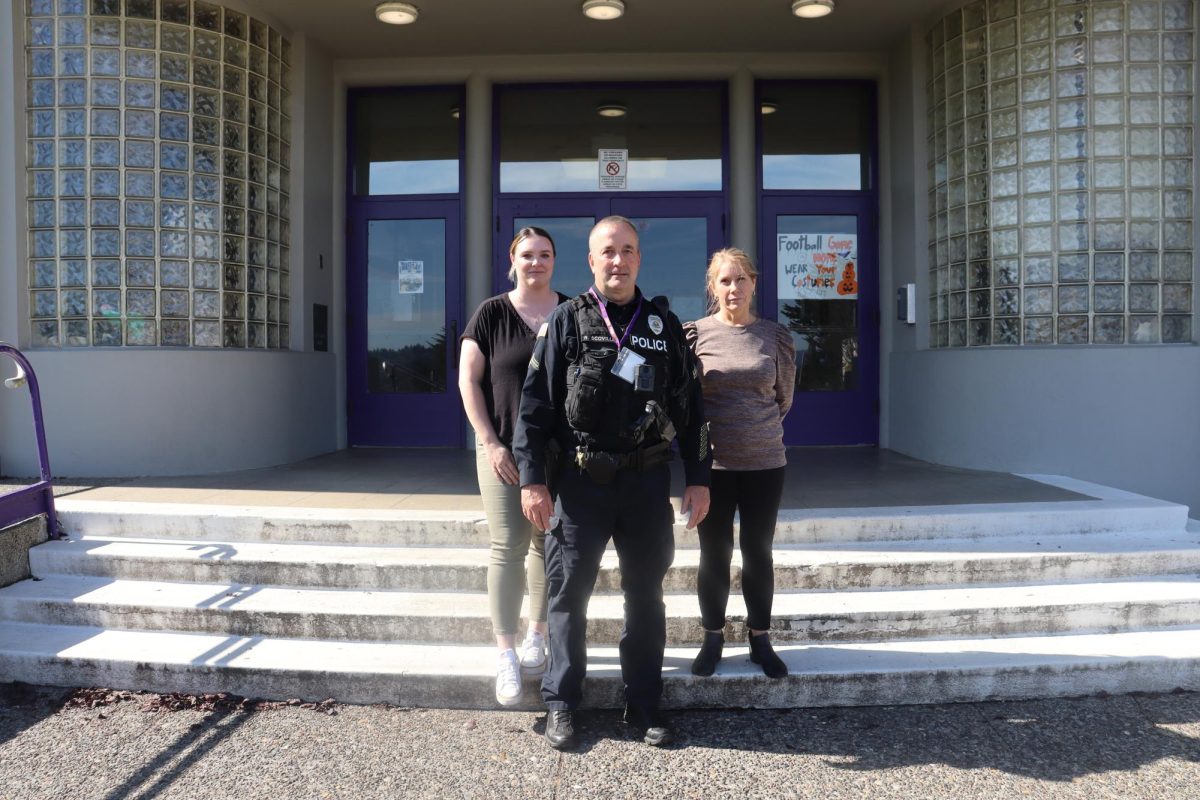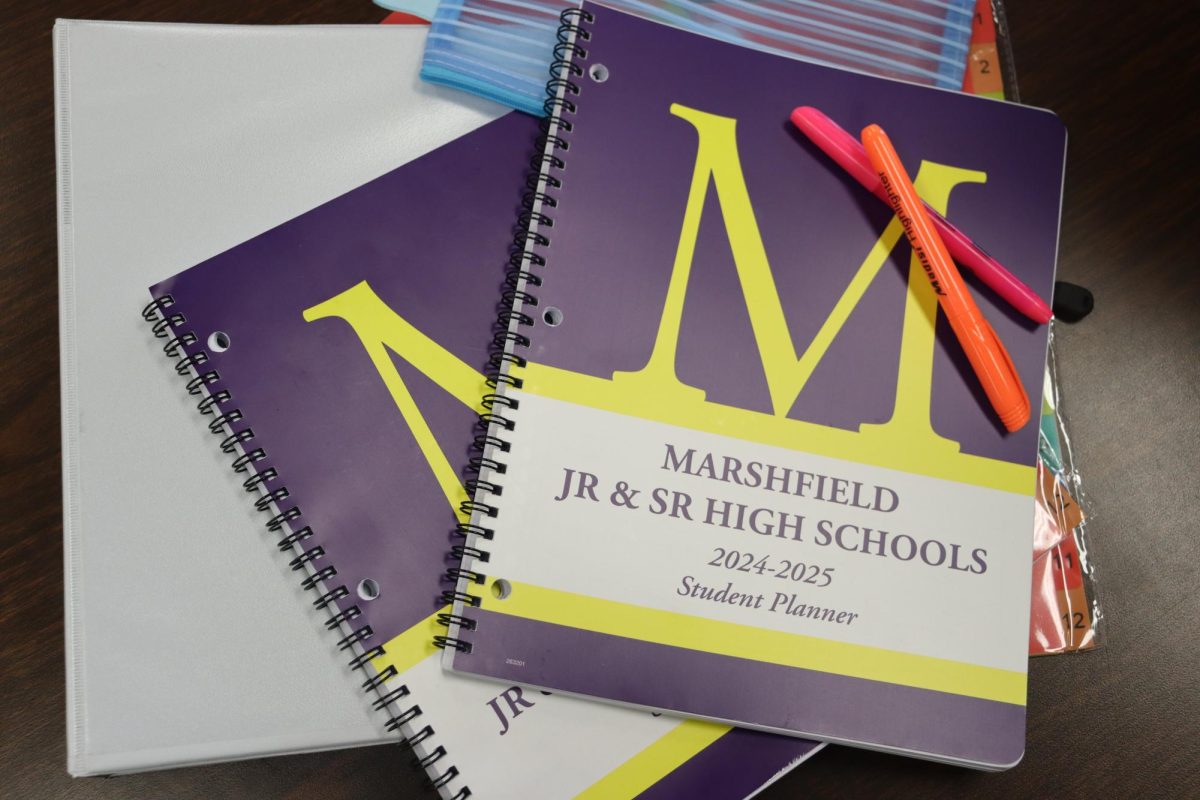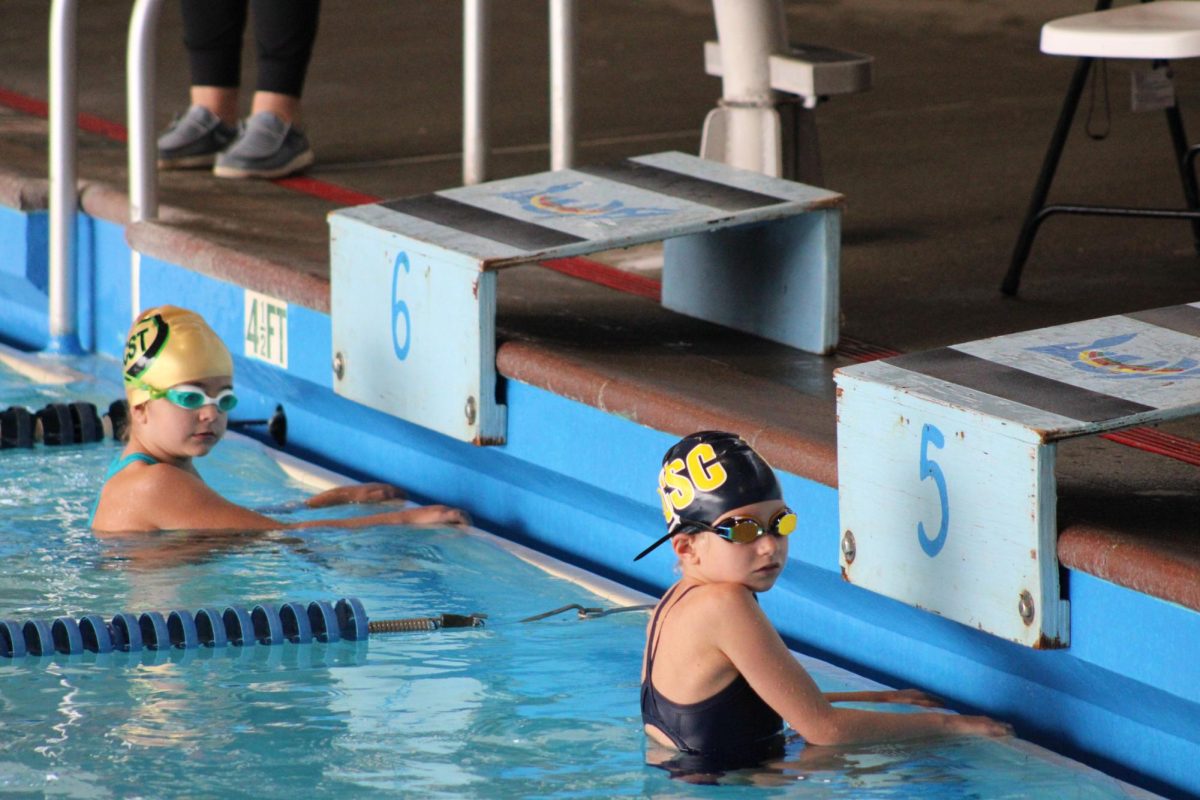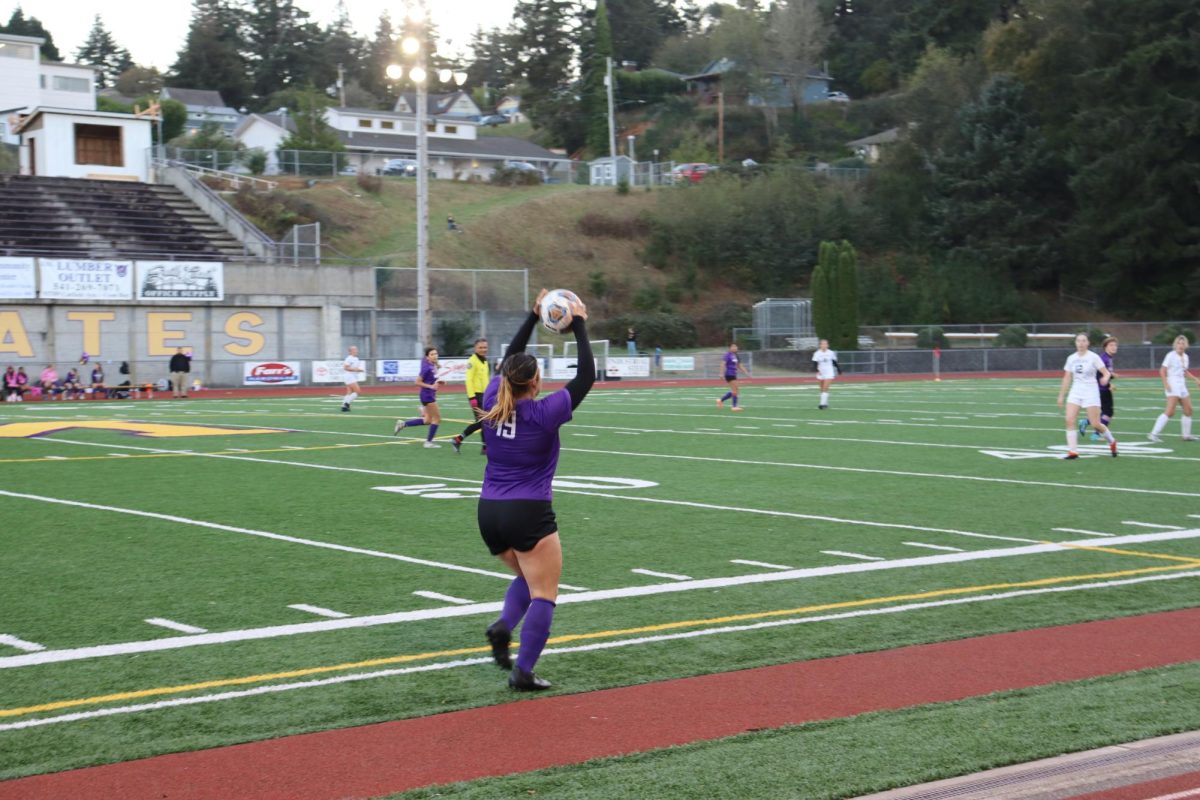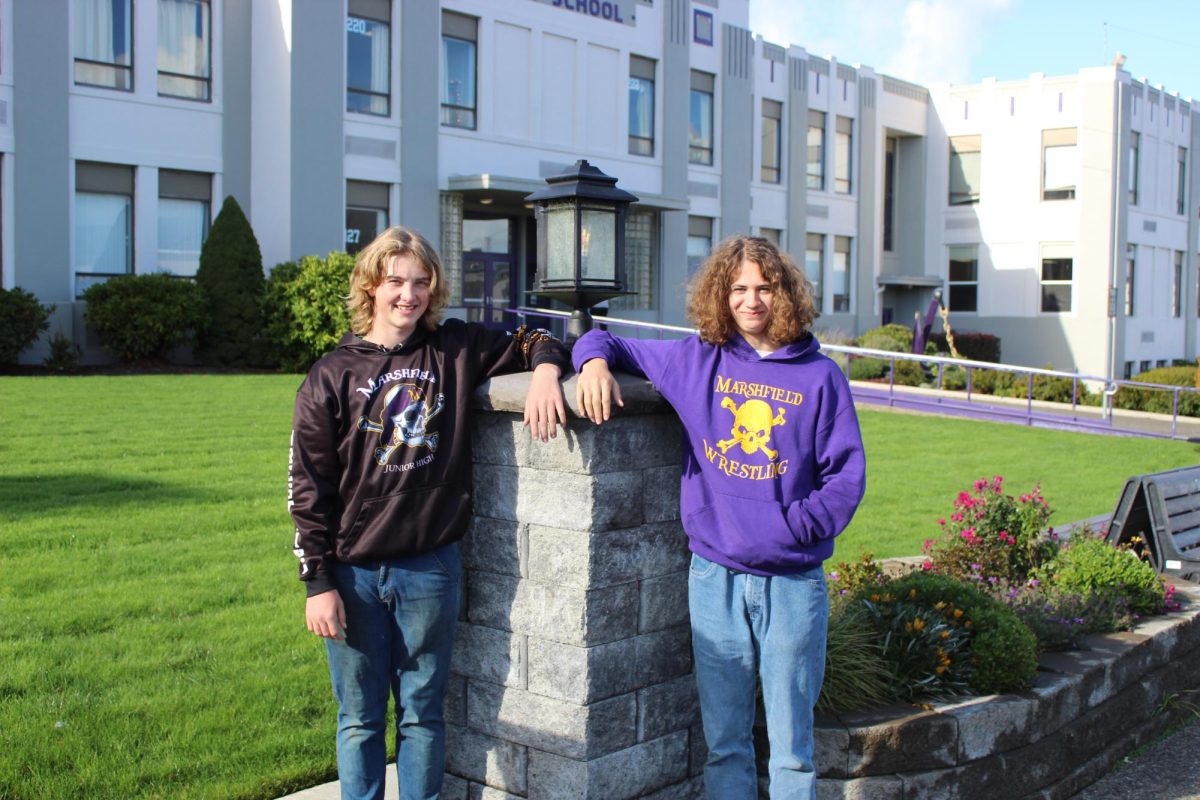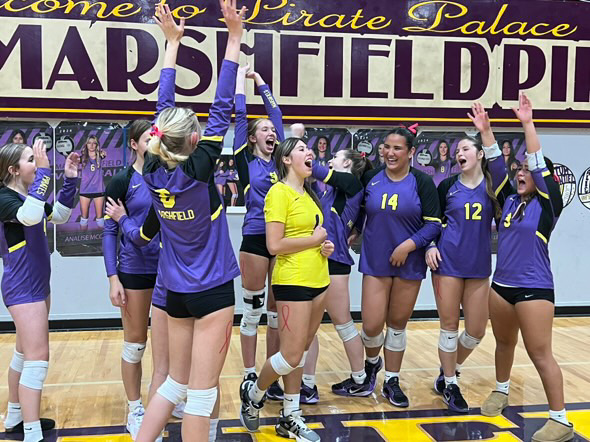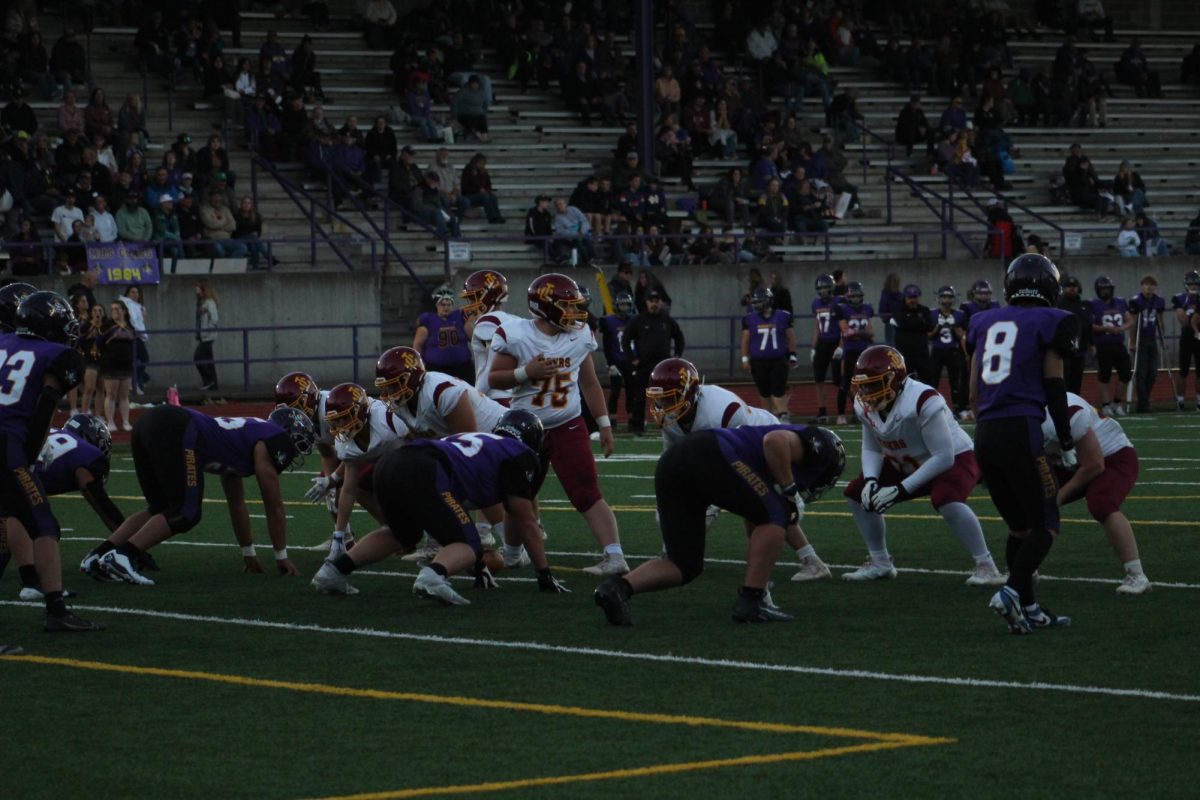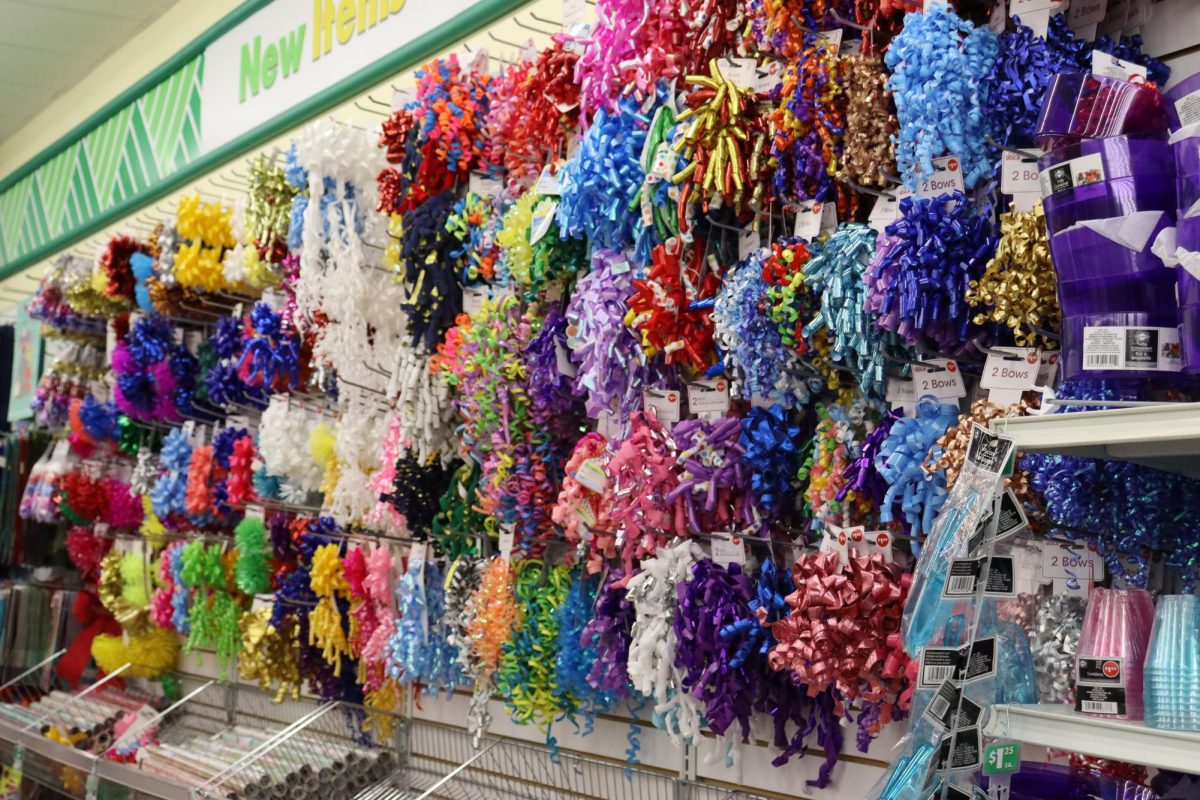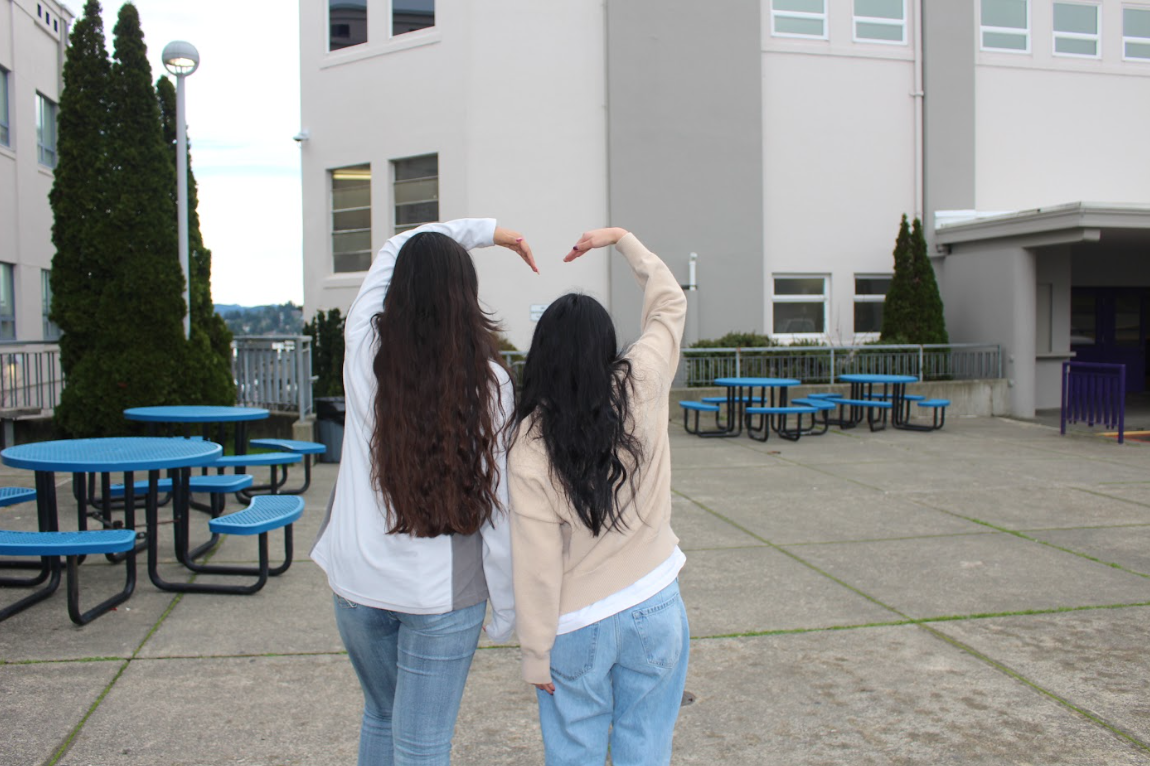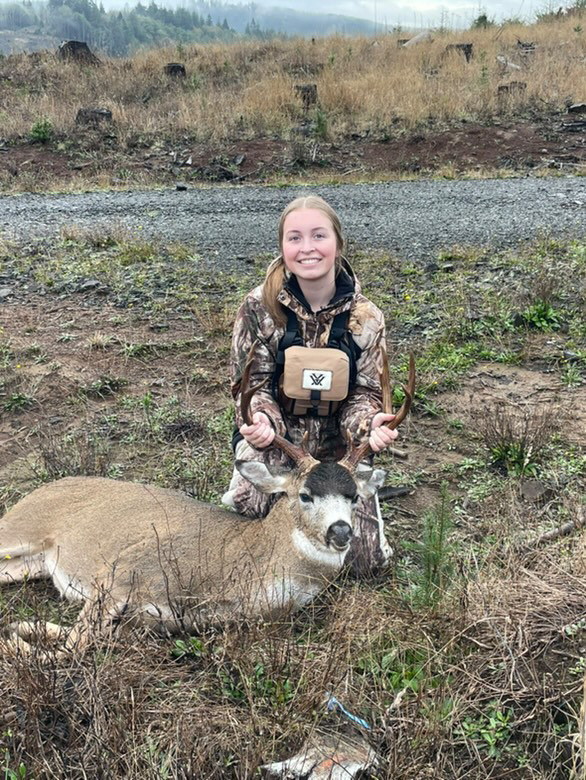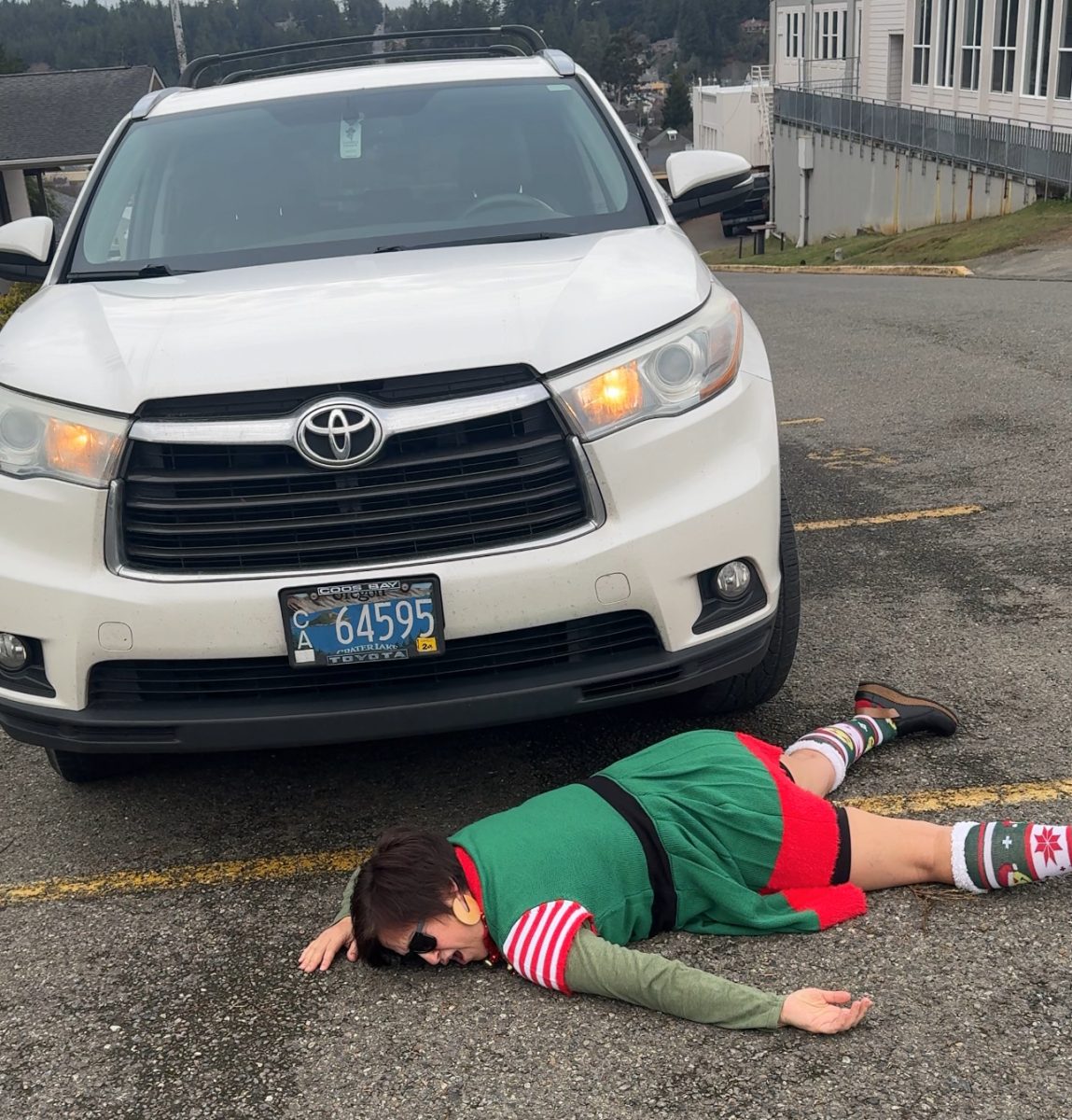March is the month of St. Patrick’s Day, but what many don’t know is that it is also Developmental Disabilities Awareness Month, or DDAM. This month is supposed to focus on bringing people together with strong community ties, whether or not they have a disability.
At Marshfield High School, there is an entire department devoted to students with disabilities. The teachers and classified staff in this department dedicate themselves to helping students learn, and also help them find inclusion at MHS. In high school, it can be hard to feel included, on any level, because kids can be harsh or judgemental, and not accepting.
“It’s very simple, we just make accommodations that fit what they can do,” said darrell Folck, MHS culinary arts instructor. “Then go a little bit outside of that so we can push their comfort zone a little bit to get them to maybe do a couple things that they may have thought they couldn’t do.”
While many students with special needs attend classes in life skills classrooms and have more individualized education, part of being included means taking elective classes and being with peers. It can sometimes be hard to find acceptance when transitioning from support classes to mainstream education classes, but these students are the same as every other student–they have good days, bad days, and emotions just like any other teen.
“Every person is different in our class, so every person gets treated a little differently,” said MHS art teacher Heidi Ositis. “I also find that it makes for a more diverse classroom, so that students that maybe aren’t around students with special needs get the opportunity to be around a more diverse peer group.”
Every student is different, so it’s common teaching practice to handle each situation based on a child’s needs. In the MHS life skills department, teachers focus on instructing teens how to be successful in their lives. They show them how to keep a planner and stay organized, help them focus with schoolwork, and even help them with basic skills like washing dishes and taking care of themselves. They also help with emotional control and regulation.
“They go above and beyond with the call of duty with the students,” Folck said. “They try to put them in situations where they can achieve success and build confidence so that they are more prepared to go out and tackle the world.”
The real world is quite different from school, so it’s important to prepare for it, especially teens that may have a harder time being independent. Skills like resume-building, how to save money or budget, and how to adjust to life changes, even when it’s hard, are the focus of life skills teachers.
“I get to be creative and help them experience things they might not have otherwise,” said Sid Gill, MHS adaptive life skills teacher. “Rather than just sitting in a class filling out some paperwork I get to make it fun.”
MHS has a full staff of people that are willing to and enjoy helping these students. They do all sorts of things, from making candles to running the school store. The special needs classrooms will soon be making some packages for homeless dogs. They will include pet food, toys, and care products that will be donated to local shelters and to people who may need assistance caring for their pets. MHS students are also doing arts and crafts, among other things, in the lunchroom every Wednesday at 1pm, so they really do have a plethora of engaging and pleasurable activities.
“Working with them is rewarding because even if I get to help them make a sandwich, that’s five minutes of freedom and independence they didn’t have before,” said Gill. “It can be slow progress but it’s progress.”
“We’re celebrating people and working together to remove obstacles. Our goal is to build a community that’s committed to creating a world where everyone can do well and succeed. Join us in making a world where all kinds of people have the chance to thrive.” ~Developmental Disabilities Awareness Month theme, National Association of Councils on Developmental Disabilities.


